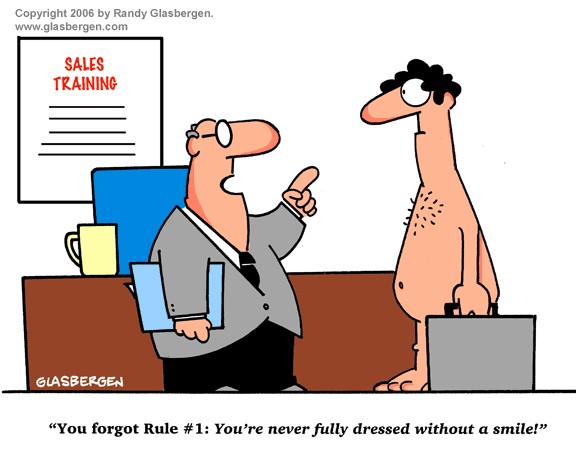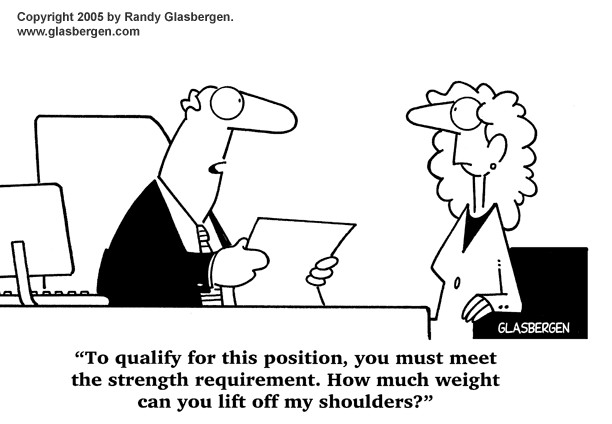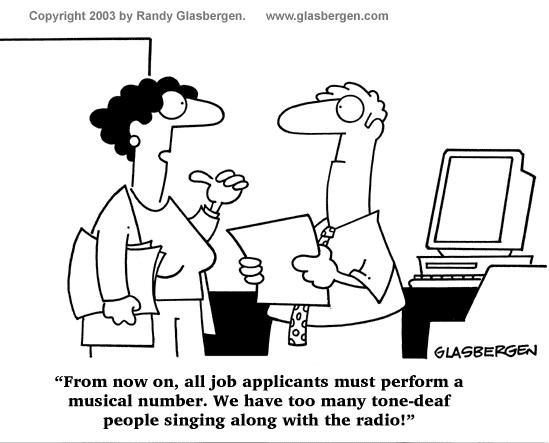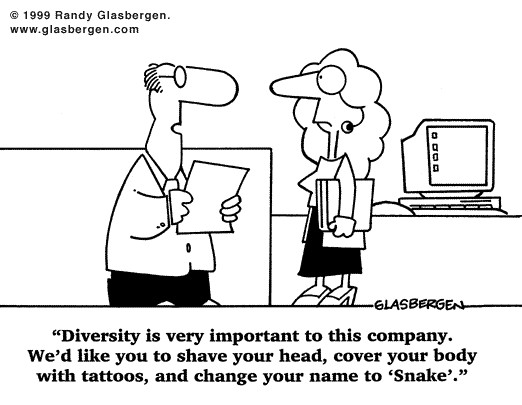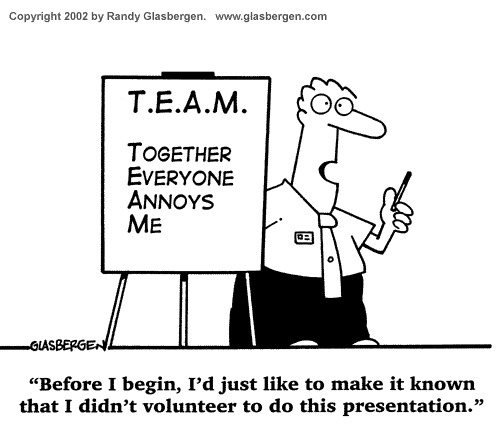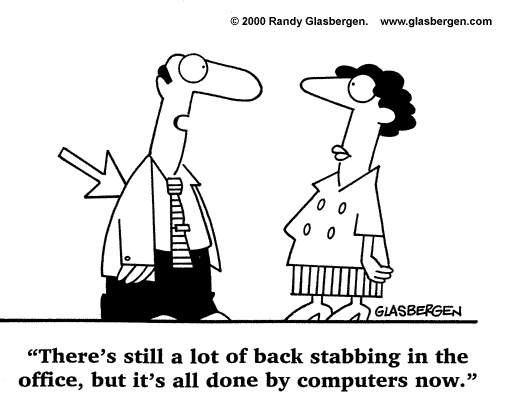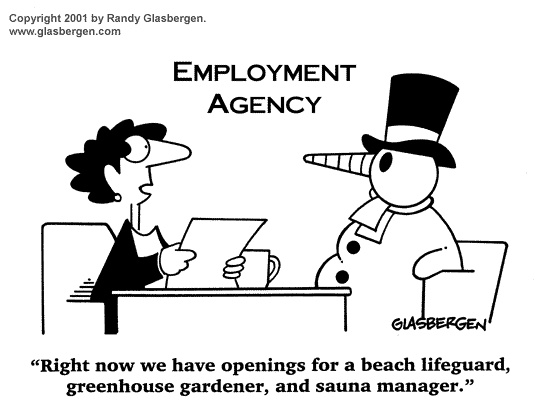Preparing for an interview with your current employer poses several unique challenges. You know the company and the interviewers. The process is clearly defined. You even have insight into the position that outside candidates would never have. Despite this, many people struggle with internal interviews.
 Preparing for an interview with your current employer poses several unique challenges. You know the company and the interviewers. The process is clearly defined. You even have insight into the position that outside candidates would never have. Despite this, many people struggle with internal interviews.
Preparing for an interview with your current employer poses several unique challenges. You know the company and the interviewers. The process is clearly defined. You even have insight into the position that outside candidates would never have. Despite this, many people struggle with internal interviews.
Preparation is the key for internal interviews. You need to be able to talk about your experience in detail. Interviewers will expect you to discuss your accomplishments and experiences as if you were an external candidate. You need to prepare thoroughly.
In an internal interview, it is likely you will know some or all of the interviewers. They will also know you and have an impression of your abilities, experience and performance. Most interviewers will also recognize that they may only have a partial picture of your performance. Managers do not have the opportunity to see the full performance of every person within a company. They often form impressions of people based on a few isolated accomplishments or failures. It is possible that the interviewer is someone you see every day, but because they are in a different functional area, they may have little to no understanding of your day-to-day work.
Current or Past Experiences
One of the most common questions individuals have about internal interviews is whether to talk about experiences at their current employer or focus on experiences at prior employers. Many assume that the interviewer knows what they have done in their current role and only talk about past employers. This is a huge mistake. It leaves one impression above all others… you can tell a good story but have accomplishment nothing in your current role.
Focus on your experiences at your current employment. The most important assessment criteria in any interview is the value you will offer in the role. If you cannot show any value you have provided in your current role, no matter how impressive your performance in past jobs, you will not convince an interviewer that you will add value in a new role.
Focusing on your current experiences does not mean you disregard your past. Some interviewers will only know you by your current role. If you are interviewing for a position in a different functional area, you should discuss your experience with skills critical to that area. This may require discussing past jobs.
If you have been with your current employer for less than a year, you should prepare to discuss your current role for 25-50% of the interview. Experiences with prior employers will fill the remainder of your answers. If you have been with the company for 1 to 3 years, try to focus 50-75% of your answers on your current role. If you have been with the company for more than 3 years, you should target 80% of your answers from roles with your current employer.
As you discuss your experience with your current employer, prepare all the details as if you were interviewing with someone that knows nothing about you. Don’t assume that the interviewer knows the details and background behind each of your experienes. You are better off providing more detail, including information the interviewer already knows, than leaving out details that make your answer confusing or less effective.
